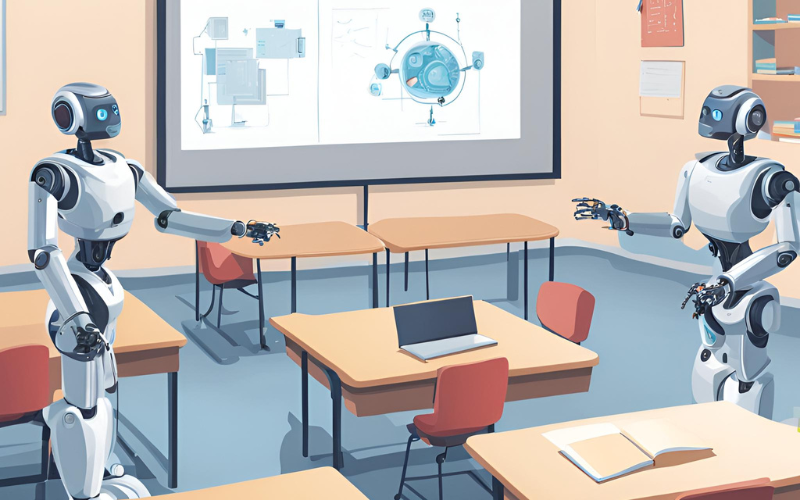 The Aug. 17, 2015 issue of Forbes features an article by George Anders, whose premise is that brilliant coding and engineering is a given in Silicon Valley corporations but that their real value-add comes from employees who can sell and humanize their products. He writes about two executives with Slack Technologies, Anna Pickard and Stewart Butterfield, who majored in theater and philosophy, respectively. Mr. Anders states that engineers have been trying to design knowledge management software for years but that Slack’s product is relatively simple thanks to the influence on its design by liberal arts graduates like them.
The Aug. 17, 2015 issue of Forbes features an article by George Anders, whose premise is that brilliant coding and engineering is a given in Silicon Valley corporations but that their real value-add comes from employees who can sell and humanize their products. He writes about two executives with Slack Technologies, Anna Pickard and Stewart Butterfield, who majored in theater and philosophy, respectively. Mr. Anders states that engineers have been trying to design knowledge management software for years but that Slack’s product is relatively simple thanks to the influence on its design by liberal arts graduates like them.
According to Anders, the influence of liberal arts graduates extends beyond Slack to companies like Uber and Facebook. Every wave of technical product innovation for tech companies requires trainers, coaches, workshop leaders, and salespeople to convey those changes to current and prospective customers. For example, of nearly 63,000 LinkedIn members who attended Northwestern University over the past decade, approximately 3,400 live in the San Francisco Bay area. Their top employers are Google, Apple, Facebook, Genentech, and LinkedIn, and only 30 percent of them have jobs in engineering, research or information technology. Anders says that a profile of recent graduates of other universities living in the Bay area is similar.
The restaurant reservations company, Open Table, started out with a tech platform and currently has 14 data scientists and 137 front-line relationship builders, most of whom are liberal arts graduates. Anders cites the premises espoused by Erik Brynjolfsson and Andrew McAfee in their recent book, The Second Machine Age, that technology innovations will take care of routine tasks so that people can concentrate on creating ideas and actions in a data-rich world. Anders describes the activities of a San Francisco State English literature graduate who works for Open Table and meets with restauranteurs to share insights from the company’s data team. He reports that Open Table’s relationship builders have grown the company’s restaurant customers by more than 300 percent from 10,000 in 2008 to 32,000 today.
According to the Bureau of Labor Statistics, more than 1 million more Americans will enter the labor force as educators and another 1.1 million as sales people by 2022. Many will work for tech companies as trainers and sales people. Over the same period, software engineers will increase by nearly 280,000, or just 3 percent of overall job growth. These projections are similar to Peter Cappelli’s statistics in his recently published book, Will College Pay Off. Anders and Cappelli reach the same conclusion regarding growth in tech jobs versus jobs requiring critical-thinking using different data sources. Reading this article along with Cappelli’s book leads me to question if some of the STEM initiatives like code academies could create a surplus of technical workers in the future while demand for liberal arts graduates may increase due to the need for their ability to train and educate tech customers. If so, George Anders’ article is appropriately named.











